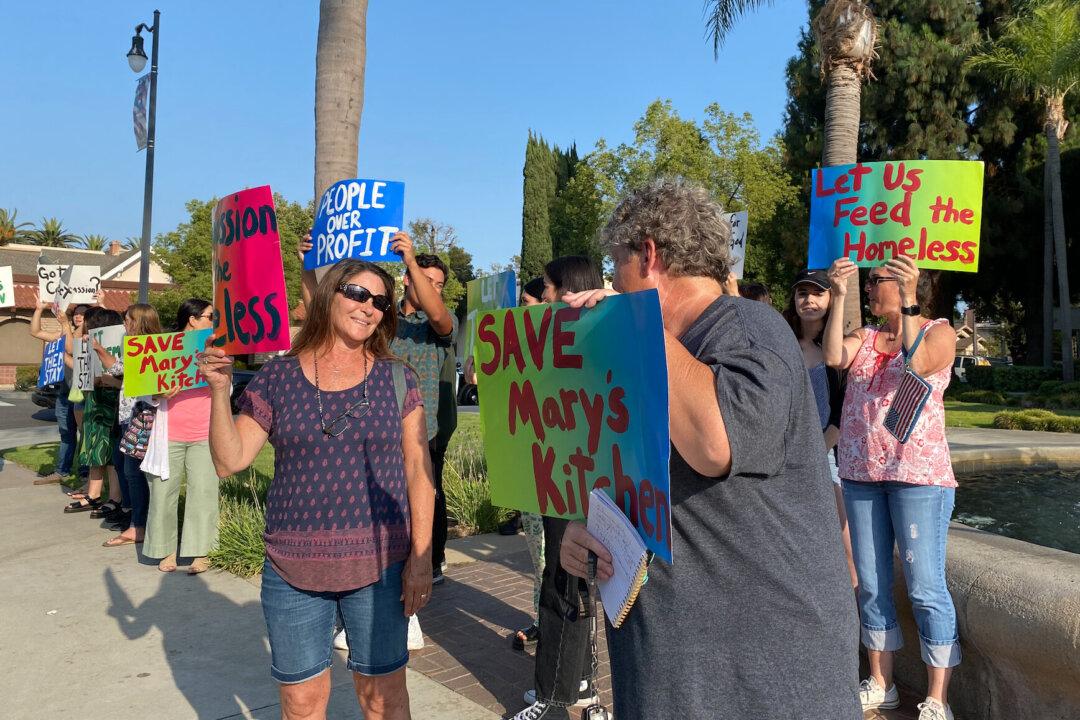California’s plan to generate energy using the wind would be harmful to the ecosystem, according to a leading environmentalist.
Michael Shellenberger, a leading climate and environmental activist, deems the technology expensive, unreliable, and “incredibly disruptive” to the environment, even as Gov. Gavin Newsom and the Biden administration tout the benefits of offshore wind development along California’s coast.





